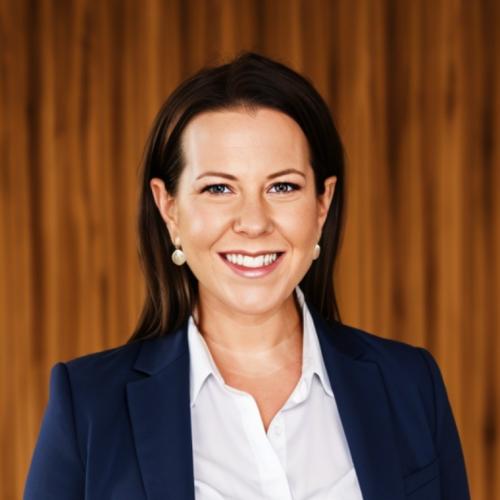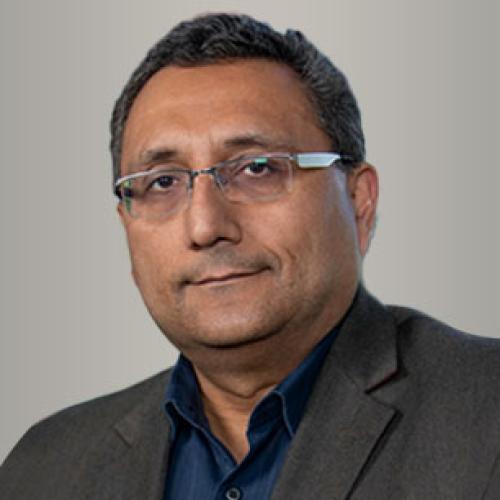
Rachel Braun Scherl

Jodi Neuhauser

Ikram Guerd

Charlie Jensen
In today’s healthcare landscape, payers and providers face mounting pressure to deliver accurate, efficient, and fair payment outcomes. Yet, longstanding friction between the two sides often undermines collaboration and trust. This session will explore how technology—particularly AI-driven innovations—can act as a bridge, enabling transparency, consistency, and shared confidence in payment integrity.
Lyric’s Chief Product Officer will share strategies for leveraging advanced technology to reduce administrative burden, strengthen data accuracy, and align payers and providers around common goals. Attendees will gain insight into practical applications that build trust while improving operational performance, ensuring that innovation benefits both organizations and the members they serve.

Brian Berkowitz

Akshay Sharma
Akshay Sharma leads AI at Lyric, driving innovations that make payment integrity and accuracy seamless for payers and providers.
An experienced entrepreneur and product leader, he has scaled transformative technologies across healthcare, finance, and artificial intelligence.
He also invests in and incubates ventures that harness technology for meaningful impact.
Lyric
Website: https://www.lyric.ai/
Lyric is a platform-based healthcare technology company, committed to simplifying the business of care by preventing inaccurate payments and reducing overall waste in the healthcare ecosystem. Lyric, formerly ClaimsXten, is a market leader with 35 years of pre-pay editing expertise, dedicated teams, and top technology. Our solutions leverage the power of technology and advanced analytics to maximize value. Discover more at Lyric.ai.

Vishal Sarin
Vishal is a deep tech entrepreneur and engineer with over 25 years of success in numerous strategic leadership capacities in semiconductors and related systems. His calling is driving and leading company and technology vision, building exceptional business and engineering teams in both startup and large-scale organizations. His seminal work has been in analog in-memory computing using non-volatile memories. Underpinning this are his numerous innovations in associative and in-memory compute architectures; SLC/MLC/TLC/QLC flash; network processors, and artificial intelligence architectures. He has over 100 patents, authored numerous publications, and holds an MSEE from University of Michigan and an MBA from UC Berkeley.
